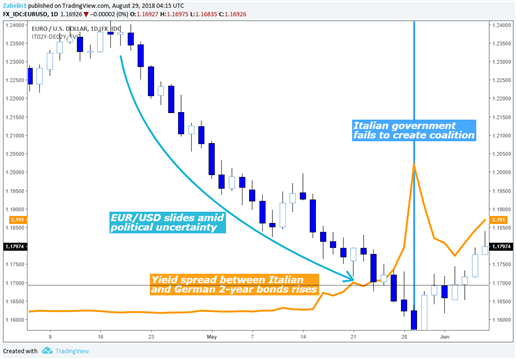Economic Nationalism Trading

The damage caused by the worst global health crisis in a century is vast.
Economic nationalism trading. Economic nationalism i e opposition to free trade and increased isolationism reduction of the welfare state through laissez faire 12domestic economic policies and a strong nationalist stance. The new coronavirus has traveled far and fast infecting more than 8 7 million people and killing more than 460 000. Economic nationalism mercantilism free trade global integration. While stopping short of calling for tariffs except in retaliation to potential us tariffs eu economic nationalism checks some of the same boxes as economic nationalism in china.
Economic nationalism also called economic patriotism and economic populism is an ideology that favors state interventionism over other market mechanisms with policies such as domestic control of the economy labor and capital formation even if this requires the imposition of tariffs and other restrictions on the movement of labor goods and capital. The problem is that in their eagerness to push back against economic nationalism in china and the united states eu politicians have begun to advocate their own brand of economic nationalism. Article is an evaluation of us economic nationalism and its potential effect on the multilateral trading system. In this way economic nationalism is not so much a coherent economic model or theory as it is as collection of policies that have been passed down over time it evolved as a body of practical knowledge via historical accident trial and error as opposed to theories like global free trade which is based on the work of david ricardo or communism based on the writings of karl marx.
Two types of economic nationalism are identified and debated. There has been no return of economic nationalism as in a generalised rise in protective barriers to trade since the financial crash of 2011. Economic nationalism refers to the strategies which a country puts in place so as to safeguard the interest of the domestic economy. These policies relate to the employment development of capital and regulations on the economy with a view of setting a structure which will enable the country benefits from within.
The rise and institutionalisation of economic nationalism in the 20th century was a product of economic crisis nationalist movements and enlarged states. Given the extent of trade liberalization and globalization in the post war period an.


















